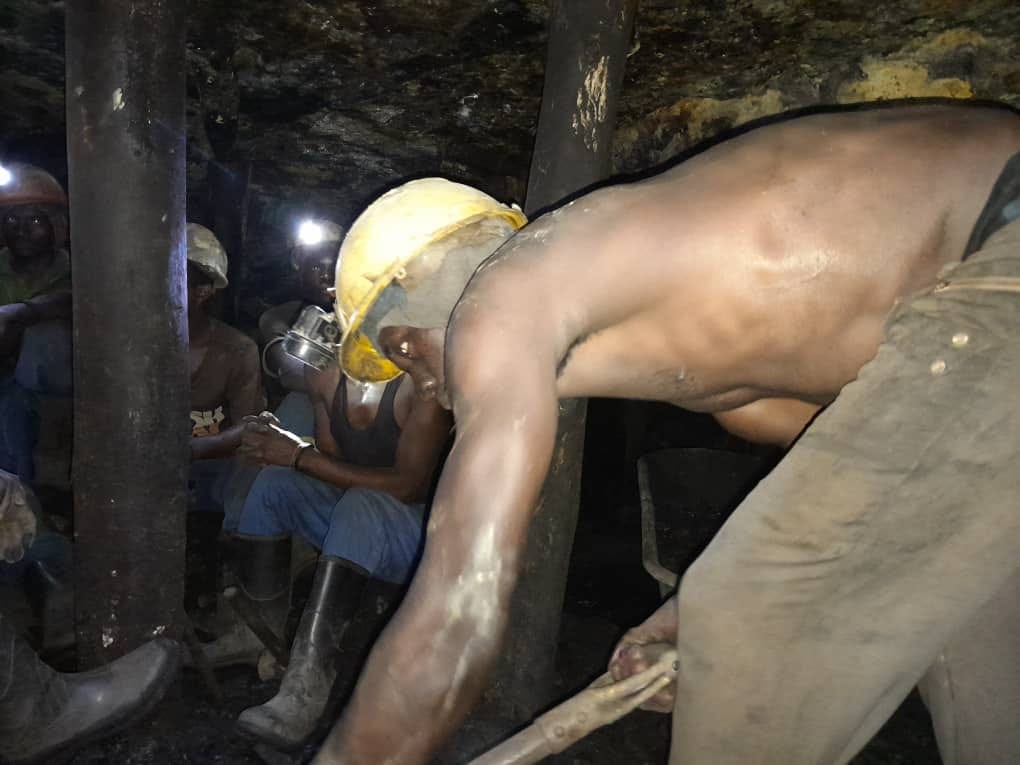Miners at Mchenga mine at high risk of TB
Mchenga coal miners in Rumphi at risk of TB due to poor conditions, Meclina Chirwa reports.
Rumphi, Malawi – Miners at Mchenga Coal Mine in Rumphi district face perilous working conditions and a lack of personal protective equipment (PPE), putting them at significant risk of contracting tuberculosis (TB), writes Meclina Chirwa.
According to reports, most miners work without masks, while others are forced to reuse a single mask for an entire year.
In interviews with AfricaBrief, miners from various sites, including Mchenga, Lisikwa, and Chombe, expressed concerns about the mine authorities' lack of responsiveness to their grievances.
Tuberculosis remains a critical problem in Southern Africa's mining industry, with miners in Sub-Saharan Africa facing a higher risk of TB than any other occupational group worldwide.
The miners' inadequate health-seeking behaviours further exacerbate the issue.
Despite some progress made by Malawi in increasing TB case detection among key populations in the mining sector and disseminating information on prevention and testing, miners in the country continue to encounter diverse challenges.
Mchenga Coal Mine is one such site where miners confront multiple difficulties.
James Powder, one of the miners, shared his dissatisfaction with low wages and precarious employment conditions.
"The most disappointing thing is that I am still on a temporary basis despite working for many years. I receive K50,000, which is not enough, no housing allowance, and the bosses are not helping despite being informed several times," he lamented.
Regarding TB screening, Powder expressed uncertainty but emphasized the need for improved welfare, particularly higher salaries. Kondwani Munthali, another miner, acknowledged the company's efforts to provide screening services but highlighted the absence of face masks due to the working environment.
Gerald Jungu echoed the concerns, underscoring the high risk of contracting TB due to the absence of face masks among miners.
Similar complaints were voiced by miners at Lisikwa Coal Mine, where some workers reported using the same mask for an entire year.
To gain firsthand insight into the miners' experiences, our reporter accompanied them underground.
These brave individuals traverse half a kilometre underground, making 44 wheelbarrow trips per day at Mchenga Coal Mine and 32 wheelbarrow trips at Chombe.
In response to these concerns, Moses Mhango, the safety manager at Mchenga Coal Mine, assured that the company has a health committee in place to disseminate messages.
Health personnel are periodically brought in to screen workers, and those diagnosed with TB are excused from duties until they complete treatment. Mhango acknowledged the recent unavailability of PPE, including face masks, due to the change in heavy machinery usage.
Wongani Simwaka, the Human Resource Manager for Mchenga Coal Mine, defended the company's salary structure, stating, "For us at Mchenga Coal Mine, we pay the minimum wage of K50,000, but we also provide a 15% housing allowance and other benefits."
The Mining Department, responsible for oversight in the sector, conducts inspections to address some of the challenges faced by miners.
Additionally, the department is involved in the TB in the Mining Sector in Southern Africa (TIMS) Project, which aims to combat TB within the mining industry.
George Maneya, the regional mining engineer, acknowledged the ongoing challenges but emphasised the efforts made under the TIMS Project.
Non-compliant companies are penalised for failing to provide PPE to their miners, as it is a requirement regardless of the working environment.
Miners in Malawi face a disproportionately higher risk of contracting TB compared to other occupational groups worldwide.
In 2013, the prevalence of pulmonary TB among miners reached 14%, surpassing the reported prevalence of 1,014 per 100,000 individuals in the 2013/2014 survey.
Furthermore, the World Health Organization's modelling work indicates that Malawi diagnoses only around 48% of prevalent TB cases and 36% of smear-positive cases.
Efforts to improve working conditions and prioritize the health and well-being of miners remain imperative to reduce the burden of TB and ensure a safer mining environment in Malawi.





Employing people long term but on a temporary basis so that the owners do not pay allowances should be against the law.
It would seem they should be taken to court for their unfair dealings.